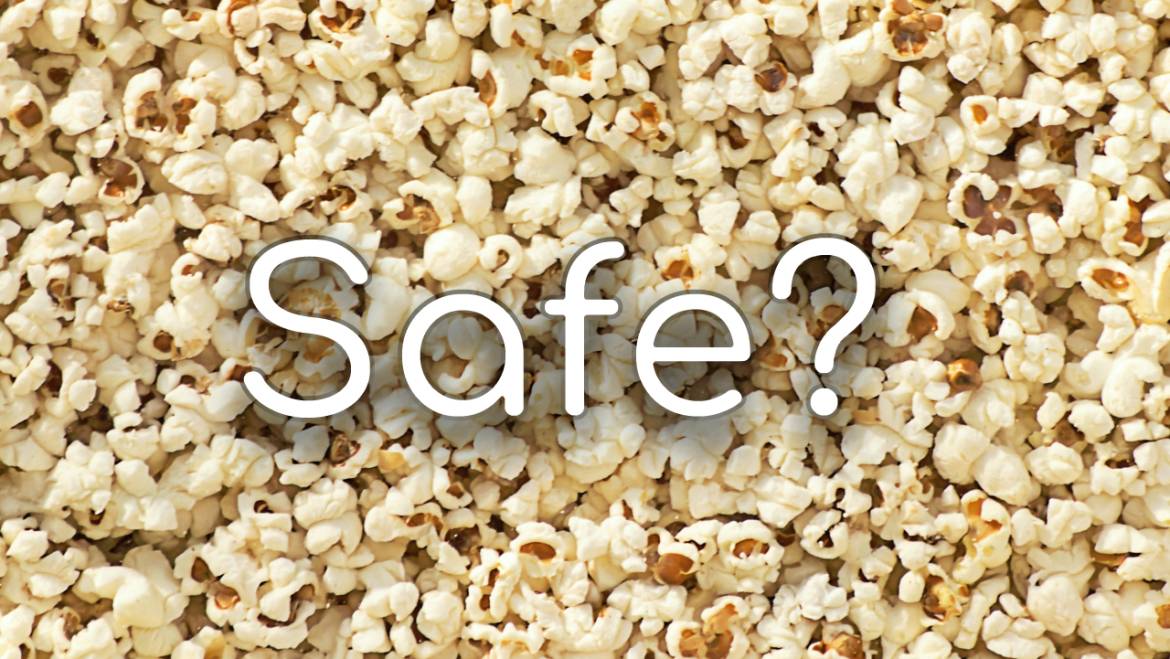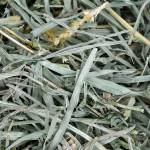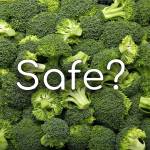Chinchillas are adorable, small, and fluffy rodents that make great pets. They are known for their active and playful nature, their soft fur, and their unique habits. Chinchillas are herbivores and require a specific diet to remain healthy. As a chinchilla owner, you may be curious about what foods you can and cannot feed your furry friend. One of the most popular human snacks is popcorn, and you may be wondering if it is safe for chinchillas to eat. In this article, we will discuss whether or not chinchillas can eat popcorn, and everything else you need to know.
What is Popcorn?
Popcorn is a type of corn that is specifically grown to pop. When heated, the kernels expand and burst, creating a tasty snack. Popcorn is often flavored with salt, butter, or other seasonings to enhance its taste. It is a popular snack food enjoyed by people of all ages.
Can Chinchillas Eat Popcorn?
While chinchillas are herbivores, they have a specific dietary requirement, and popcorn does not meet that requirement. Chinchillas are prone to digestive issues, and their diet needs to be carefully monitored. Popcorn is high in carbohydrates and low in essential nutrients, making it unsuitable for chinchillas. The high carbohydrate content in popcorn can cause bloating, gas, and stomach discomfort, leading to potential health issues. Therefore, chinchillas should not be given popcorn.
What Happens if a Chinchilla Eats Popcorn?
If your chinchilla accidentally ingests popcorn, it may experience digestive issues such as bloating, gas, or diarrhea. If your chinchilla shows any signs of discomfort, take them to the vet immediately.
What Should a Chinchilla’s Diet Consist of?
Chinchillas require a diet high in fiber, low in fat, and rich in essential nutrients. Their diet should consist of hay, fresh water, and specially formulated chinchilla pellets. Timothy hay is the best choice for chinchillas as it provides the necessary fiber and roughage. Pellets should be specifically formulated for chinchillas, as other small animal pellets may contain ingredients that are harmful to chinchillas. Chinchillas can also be fed a variety of fresh vegetables, including carrots, kale, and spinach. However, it is important to introduce new foods gradually to prevent digestive issues.
Can Chinchillas Have Any Treats?
Chinchillas can have treats, but they should be given in moderation. Treats should be used as a supplement to their regular diet and not as a replacement. Some suitable treats for chinchillas include dried fruits such as apricots, raisins, or cranberries. However, it is important to note that dried fruits should be given sparingly as they are high in sugar. Chinchillas can also have hay-based treats such as hay cubes or hay twists. Avoid giving your chinchilla treats that are high in fat or sugar, such as nuts or seeds.
What are the Risks of Feeding Chinchillas the Wrong Diet?
Feeding chinchillas the wrong diet can lead to health issues, including dental problems, digestive issues, and obesity. Chinchillas have continuously growing teeth, and a diet low in fiber can lead to dental problems such as overgrown teeth or tooth decay. A diet high in fat and low in fiber can also cause digestive issues such as bloating, constipation, and diarrhea. Additionally, chinchillas are prone to obesity, which can lead to further health issues such as heart disease or diabetes. It is important to provide your chinchilla with a balanced and nutritious diet to prevent these health issues.
What Other Foods Should Chinchillas Avoid?
In addition to popcorn, there are other human foods that chinchillas should avoid. Chinchillas should not be given any foods high in fat or sugar, as they can lead to obesity and digestive issues. Some foods to avoid include chocolate, nuts, seeds, and processed foods. Chinchillas should also not be given any fruits that are high in sugar, such as grapes or bananas. While chinchillas can eat fresh vegetables, certain vegetables, such as potatoes or onions, can be harmful to their health and should be avoided.
In conclusion, chinchillas are herbivores and require a specific diet to remain healthy. While popcorn may be a popular human snack, it is not suitable for chinchillas. Chinchillas require a diet high in fiber, low in fat, and rich in essential nutrients. Their diet should consist of hay, fresh water, and specially formulated chinchilla pellets. Treats can be given in moderation, but should not replace their regular diet. Feeding chinchillas the wrong diet can lead to health issues, including dental problems, digestive issues, and obesity. It is important to provide your chinchilla with a balanced and nutritious diet to keep them happy and healthy.







